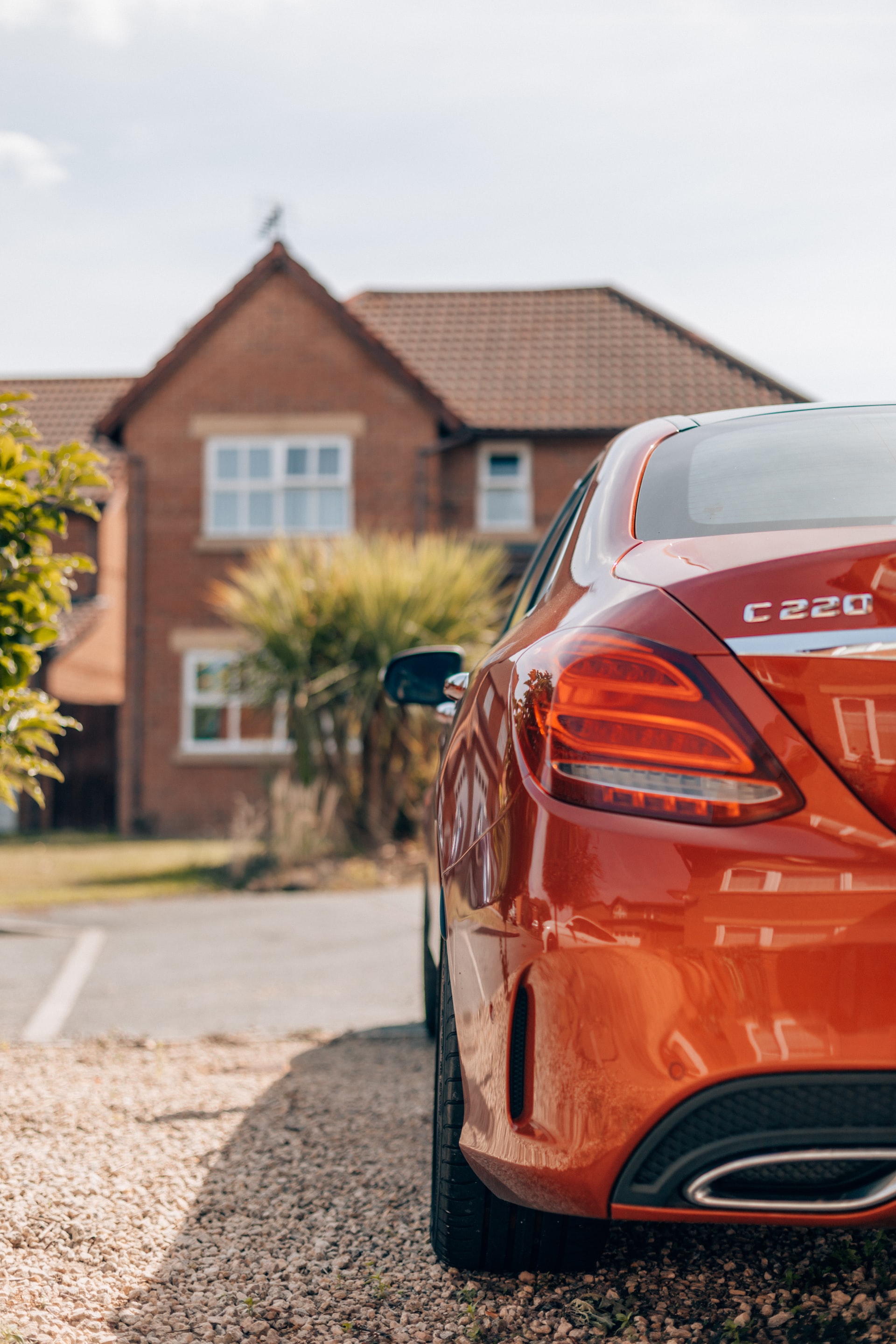#WhyNot : Women Buying Own House and Car
4 minuteRead

By Chhavi Sharma
Roti, kapda aur makaan as the bollywood flick says are the basic important needs of everyone, be it a man or a woman. In current times a four wheeler has come under the basic needs criteria of an urban family as well. But do women really own a house and a car in their name?
Why this patriarchy when it comes to women buying own car and a house?
Both across rural and urban areas, home and car ownership by females is negligible. Indian society follows a patriarchal system that believes that ownership rights vest with the man of the house!
It’s a rare sight when a couple is seen buying a house or a car solely in a woman’s name. And that is happening when Indian government is running special schemes on house ownership and offering discounted interest rates on loans for women!
It is a normal system that the beta of the house or the husbands and fathers are visualised as the owners of the property. Women are treated as a weaker gender and not strong enough to act as the owners of the house. Even the widows and daughters find it hard to lay their claim on the ownership of the property left behind by their husbands and fathers.
Why is it, that our society believes that women are weak and anyone can fool them or lay claim to the ownership of assets under a women’s name? This is still a big problem that our society needs to address.
The good part is that the Government of India has taken many steps towards women empowerment to ensure that women get their share of ownership rights.
Benefits that women home owners enjoy in India
Indian government has taken several measures to increase the property ownership among women.
Most Indian states charge a lower stamp duty (the charge a buyer has to pay, in order to get the property registered in the government’s records) if the property is registered in the name of the woman. For example, in Delhi women buyers only pay 4% of the property value as a stamp duty, as compared to 6% payable by men.
The Maharashtra government, on March 8, 2021, announced a 1% point concession for women homebuyers. This means women now have to pay only 2% of the property value as the stamp duty.
Both women owners and co owners (joint owners with husband, brother or father) get the benefit of these schemes. But still the percentage of women buying a house still remains low in India. On an average, only about two in every five women (41.6%) own a house or a land solely or in co ownership according to the recently released data from the first phase of NFHS 5 for 2019 20.
Home and car loan interest rates for women and tax exemptions
Since, a majority of Indian home buyers rely on housing finance, interest rates on home loans plays a major role in the purchasing power of the consumer. Again, like stamp duty, women do not have to spend as much as men. Typically, home loans meant for women are priced 50 to 100 basis points lower than the average rate. For example if a woman has to take loan from State Bank of India (SBI) at present, they have to pay only 6.80% if the loan size is up to 30 lakhs as compared to 7% for men.
Women also enjoy exemptions in taxation when they are the sole or co owners of the property or the vehicle.
Same holds true for women specific car loans and insurance policies too.
PMAY (Pradhan Mantri Awas Yojana) benefits for women
Under this housing scheme Indian government has made it mandatory that property needs to be registered with the name of at least one woman in the household. Women borrowers enjoy interest subsidy under this scheme along with the concessions on the property loans.
Women borrowers belonging to low income group (LIG), a category in which annual income is less than 3 lakhs, can avail an interest subsidy up to 6.5% on housing loans up to 6 lakhs.
Women car buyers in India

Surprisingly, in spite of more schemes run by the Indian government for women empowerment under property ownership segment, the number of women car buyers has increased more as compared to the rise in property ownership. In India, Hyundai attributes 15 to 17% of sales to women drivers.
Another interesting visible trend is that most of the women car buyers are relatively younger and aged below 35 years.
The country’s largest car maker, Maruti has recorded a sharp rise in the women car owners as well. According to them, in the past there were hardly any women car owners. With women becoming more economically independent and their entrance into various professional fields, a car is now visualised as a doorway to freedom.
Nowadays, all the companies offer women specific car loans and car insurance policies.
Today, women are at all time high; they have spread their wings everywhere. This patriarchy related to home and car ownership should not be a part of Indian society and women should be treated as equals in all the sectors. Terms like women empowerment should lose their need, rather it's time to treat women equally.
Have you read the first blog of this special series? No? Here it is, '#WhyNot- Time to Trash The ‘Perfect Girl’ Standards for Outer Appearance!'
Write, Record and Answer! Consume Unlimited Content! All you need to do is sign in and its absolutely free!
Continue with one click!!By signing up, you agree to our Terms and Conditions and Privacy Policy.












